Colonialism and Imperialism
History of Colonialism
- Voyages of Discovery at the end of 15th century, clubbed with the end of Feudalism.
- Rise in trade > Monetary profits > Need for RM > Development of explorations equipment compass, astrolabe, maps & better ships > marked the start of Colonization.
- Colonization of Asia, Africa and America began with three focuses – Gold, Glory and God
Policy of Mercantile Capitalism involved attacking merchant vessels of other kingdoms, blocking trade routes, setting up colonies, placing trade barriers, monopolizing the trade with the colonies and if unable to colonize, then securing special trading rights with the new found lands so as to have a trade monopoly.
The Objective of Colonialism in Asia was trade profit, while Slave Trade was the main reason in case of Africa. In Africa, colonization began early but was limited to the coastal region because the hindrances placed by the geography.
Slave trade was started by the Portugal as its workers on the plantations were not able to bear the hot and humid climate of Brazil. While the Africans worked on the plantations as slaves, the Native Americans worked like serfs on the estates of the colonists
Industrial Revolution, after 1750, increased the demand for raw materials. To increase supply of raw materials from the colonies the number of Africans traded in the Slave Trade also increased.
The Slave Trade came to be known as the Trans-Atlantic Slave trade and the Triangular Slave Trade as a tripod of America, Africa and Europe.
Why African slaves preferred
- Native American could easily run away and hide in jungles.
- They were familiar with the territories, knew how to survive on local plants and animals.
- They lacked immunity to European diseases & died easily in plantation.
- White prisoners could also escape and blend in as white town-folks in the colony.
Slavery was ended by France after the French Revolution in 1789. British passed the Slavery Abolition Act in 1833 to end slavery in all of its colonies, while the USA banned it after the civil war (1861-65).
Laissez-faire (19th Century)
- Less domination of State in the economic sphere (as during Mercantile Capitalism) & thus a free market economy.
- It was a free market economy only in the domestic economy.
Businessman should be free to look after his own interests. Only the unwritten law of supply & demand should determine the size of his profits. The same unwritten law would determine the fate of the worker, whether he had a job, what would be his working conditions and salary.
Difference between Colonialism and Imperialism
- Colonialism begins in 16th centuary from North America & Latin America, whereas Imperialism started from 19th centuary from Africa, Asia & Pacific
- Colonialism is part of Imperialism and Imperialism is a natural extension of Colonialism.
- Imperialism has the basic feature of political acquisition of a foreign territory via militarism or a threat only.
- Colonialism aims for extraction of economic benefits from the colony while Imperialism includes political control.
Colonialism may be done by companies who secure special trading privileges & setup trading posts (making colonies dependent), while Imperialism is done by the state through government diplomacy to acquire territories, protectorates & spheres of influence to promote industrial trade and investments.
Neo-Imperialism
- Events after the Industrial Revolution in colonial empire building are termed as New Imperialism.
- The New in this New-Imperialism, which started after the Industrial Revolution in Europe, was the race component.
Political & economic domination or exploitation of non-industrialized nations by the industrialized nations > achieved by military conquer or by colonizing the foreign territory (Neo Imperialism > a result of Industrial Capitalism)
Another strategy during Neo-Imperialism was of capturing ports of call i.e., capture those places where ships could replenish supply of coal and water.
Factors responsible for Neo imperialism
- Industrial Revolution, which spread to the rest of Europe, USA and Japan in 19th century > Low wages to workers & more production led to “underconsumption” in domestic market; hence capitalist nations had to find new markets and buyers to sell their products.
- Rise of Nationalism which fueled the national rivalries for quest of economic and military supremacy.
- A sound economy + National glory + to divert attention of the public, which was getting exposed to ideas of democracy > rulers saw Imperialism as a tool to maintain political control at home.
- Decreased geographical space viz. earlier there was enough territorial space for the European powers to colonize but in the 19th century, except for the interior lands of Africa, nearly the whole world had come under influence of one powerful nation or the other.
- Factors like aspirations of Christian Missionaries to spread Christianity and the notion of White Man’s burden to spread superior civilization in the backward colonies also played a role.
Thus, now the major powers of the world could only grow at expense of one another. This made political control in the colonies much more imperative to ensure an economic control.
To secure political control, military was required & thus a peculiar feature of the New Imperialism was the rise of State power. Trading companies like the East India Company were slowly replaced by their governments.
| Rise of New Imperialist Power | Beginning of proper industrialization | Victims of New imperialism | |
| Italy | 1870 onward | 1870 onward | Mainly Africa |
| Germany | 1870 onward | 1870 onward | Mainly Africa, Pacific |
| Russia | By 1850s | By 1914 | Mainly Central Asia, West Asia & China |
| USA | By 1890s | 1865 onwards | Mainly Pacific (South America) |
| Japan | By 1890s | 1868 onwards | Mainly China & Pacific |
Neocolonialism
- In the present-day world, almost all countries are politically independent; however, the imperialist control has not come to an end.
- Neocolonialism is the practice of (mainly economic) exploitation and domination of independent but economically backward countries, by the powerful countries.
For more updates, explore the Ancient India History. Feel free to share your thoughts and comments.
If you’re passionate about building a successful blogging website, check out this helpful guide at Coding Tag – How to Start a Successful Blog. It offers practical steps and expert tips to kickstart your blogging journey!
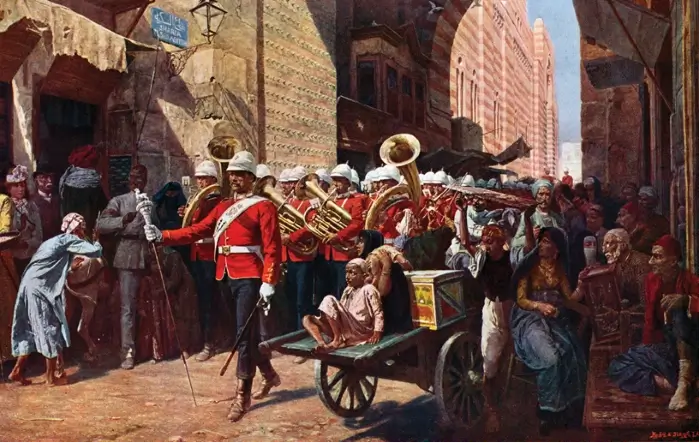

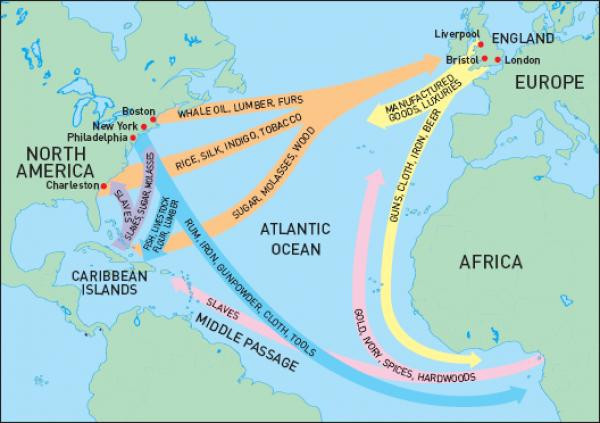
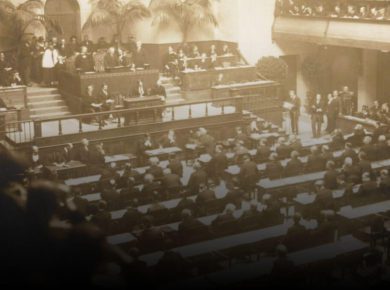

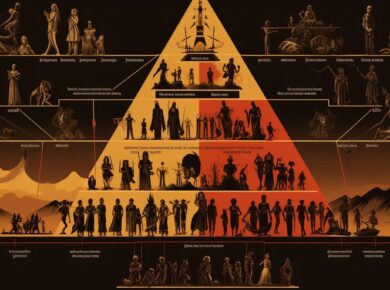
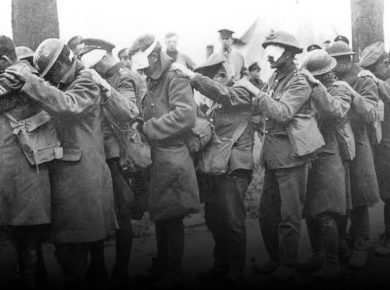
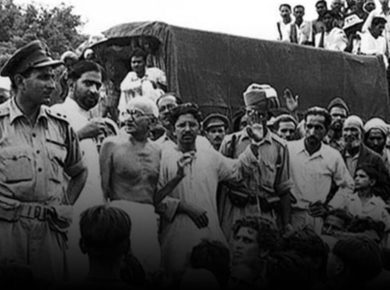

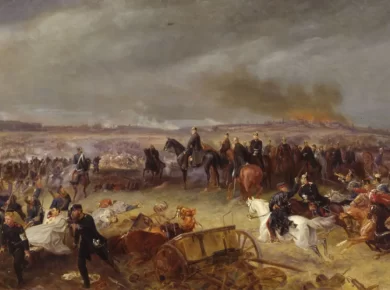
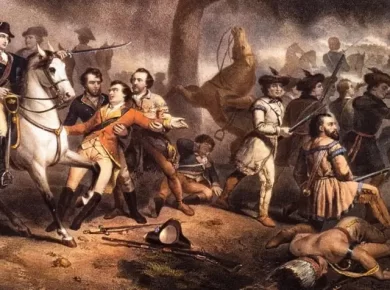
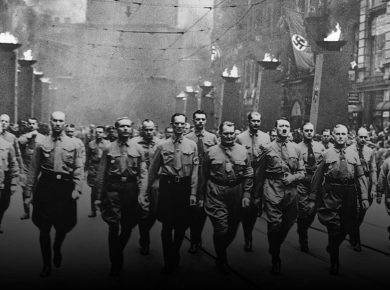
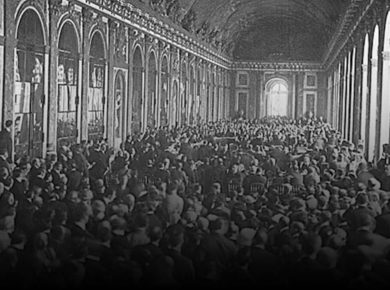
2 comments
Thank you for such a great initiative . The content shared for world history is absolutely helpful for my UPSC preparation . Crisp content and need not refer to bulky books for world history anymore
thankyou very much to share the knowledge.